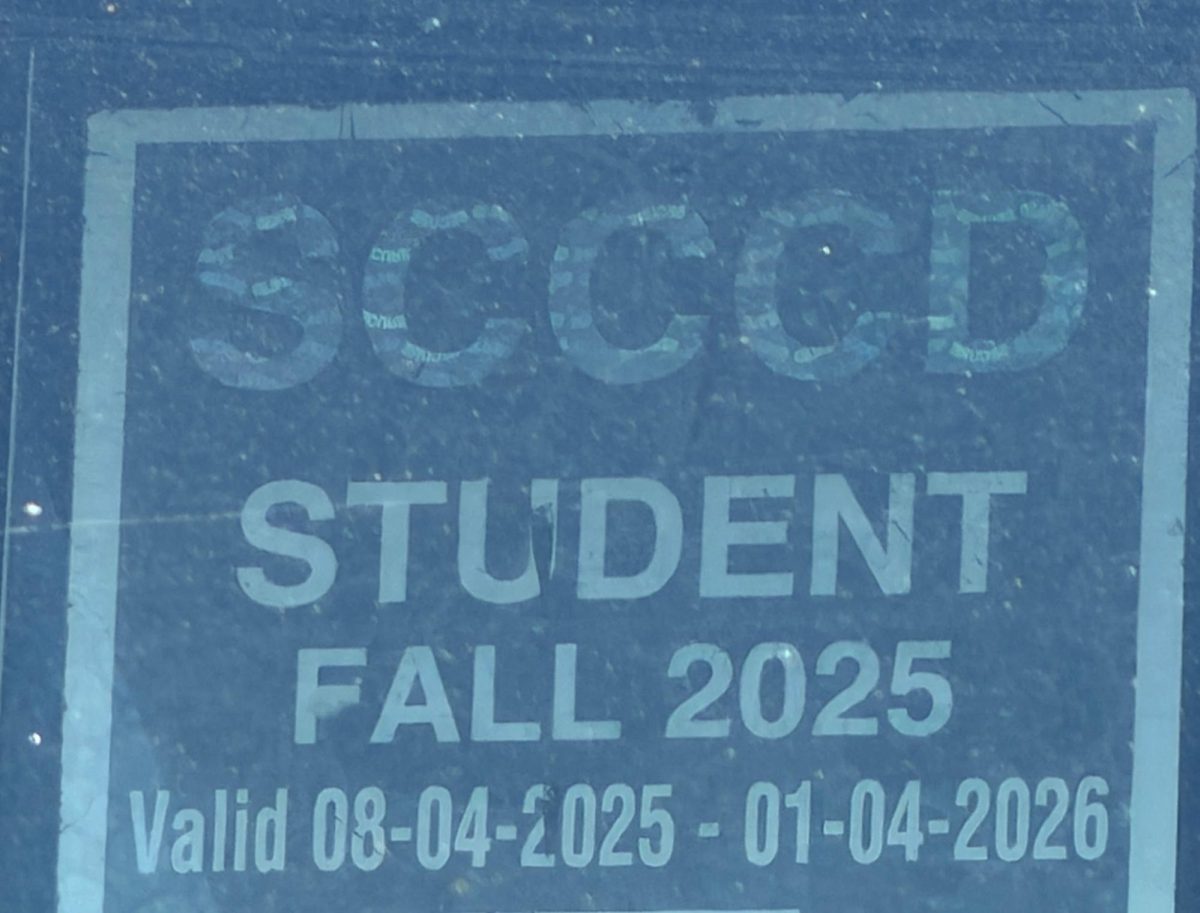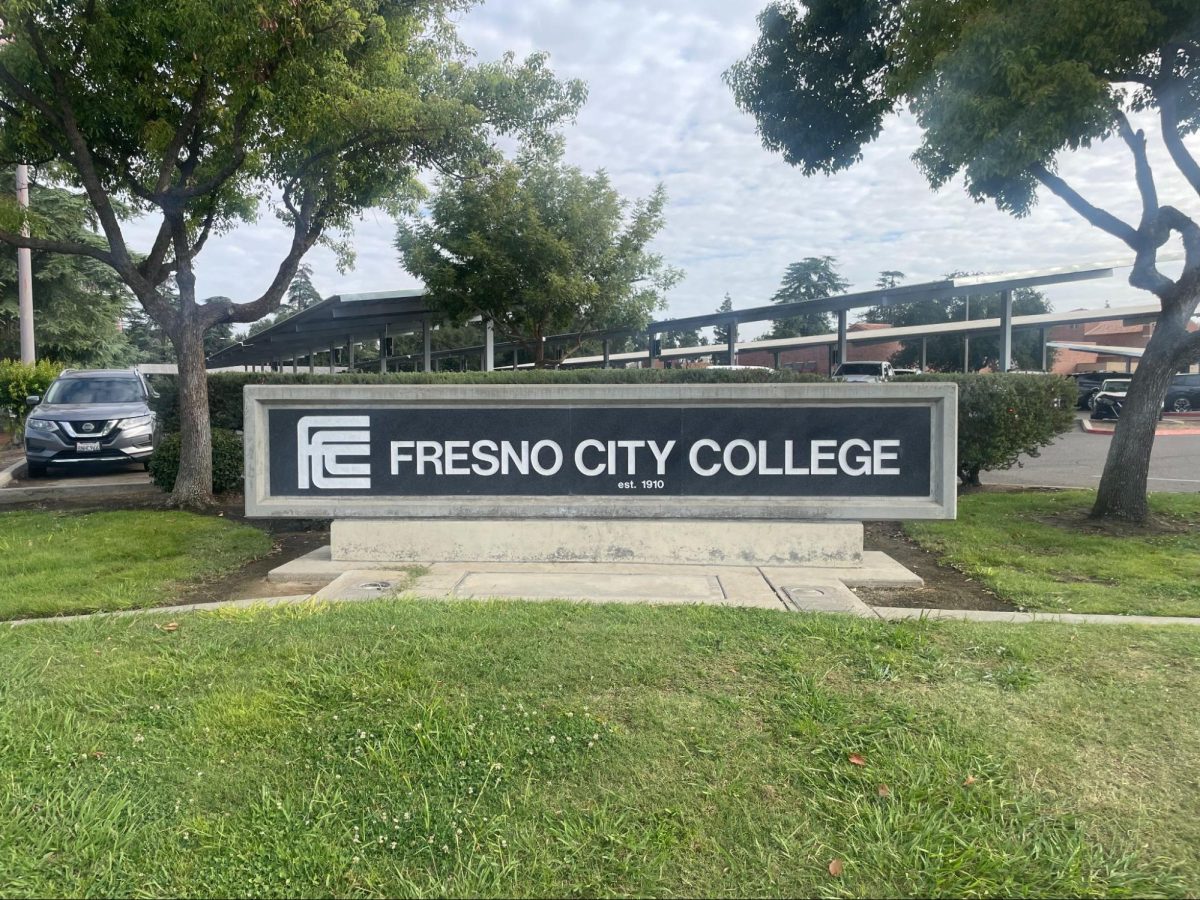The debate continues over who or what is to blame for the problem of students entering college and the workforce without a good, quality education.
Is it the fault of educators, uninvolved parents, lack of funding at the state level or simply the apathy of students who feel they may be doomed to a lifetime of job-hopping and unemployment as a result of a crumbling economy?
It would be simple to place blame on high school teachers, but would it be fair? These people have more to contend with than teenagers with surging hormones and gamer’s-brain. High school teachers have a multitude of hurdles to scale in order to prepare their students for graduation. These can include school and district administrators who are out of touch with the classroom and, therefore, do not supply the teachers with adequate supplies, tools or even authority to do their job properly.
Funding for education has long been a standing issue in the state of California dating back to the 1970s. A series of court cases called Serrano v. Priest ruled that, due to the differences in district wealth, using property taxes as a basis for educational funding was creating a system of inequality and called for the state to make funding more equal among districts.
Not long after these cases, Proposition 13 was passed, limiting property taxes to 1 percent, thus causing the state to rely on income and sales taxes to fund education.
This new legislation created an unstable and volatile revenue stream for funding education in California due to the fact that income and sales taxes are directly linked to the economy.
In 1988, voters passed Proposition 98 which was designed to stabilize and ensure funding for schools, even in hard economic times. This proposition allowed 40 percent of state revenue to go directly to the schools, but, it could also be frozen. In 2004-2005, with the budget upset, they froze the funds.
In addition to this is the sad truth that many parents are unable to be completely involved in their student’s education. As we know, most families, in order to survive, require more than one income, and so both parents must work. Single parents may end up having to take more than one job. As such, most students are home alone after school while their parents are working. Left to their own devices, most kids will choose to hit the power button on the game console rather than the books.
I can see no solution to the budget crises, parents’ requirement to work or lack of support for teachers. However, students have many options available to them if they wish to succeed.
-
Should I risk suggesting that you push that button on the game console one more time to turn it off and then go open a textbook?
-
Create a good organizational system for studying.
-
An organized, quiet work environment is always beneficial.
-
Dedicate at least 2-3 hours to each subject.
-
Before studying, eat a good meal and have some healthy snacks on hand while you are studying. An empty stomach is not conducive to learning.
-
If you find that you are having trouble with any given subject, there is free tutoring available in the tutoring center. If you learn better one-on-one, there are also private low cost tutors who can help you out.
A frustrated FCC instructor said, “Getting a tutor–paying a professional wordsmith for help in organizing thoughts, finding transitions between ideas and combing through grammar–strikes my students as beyond the pale of exorbitant demands.”
There is nothing wrong with asking for help. Students in California have a tough hill to climb because of all the barriers stacked against them. If you want to succeed with your education, you must remember: No one is going to hand you a degree if you don’t put in the work and no one is going to do the work for you. Rather than trying to place the blame for a shoddy education, look within yourself and decide to be your own advocate.







